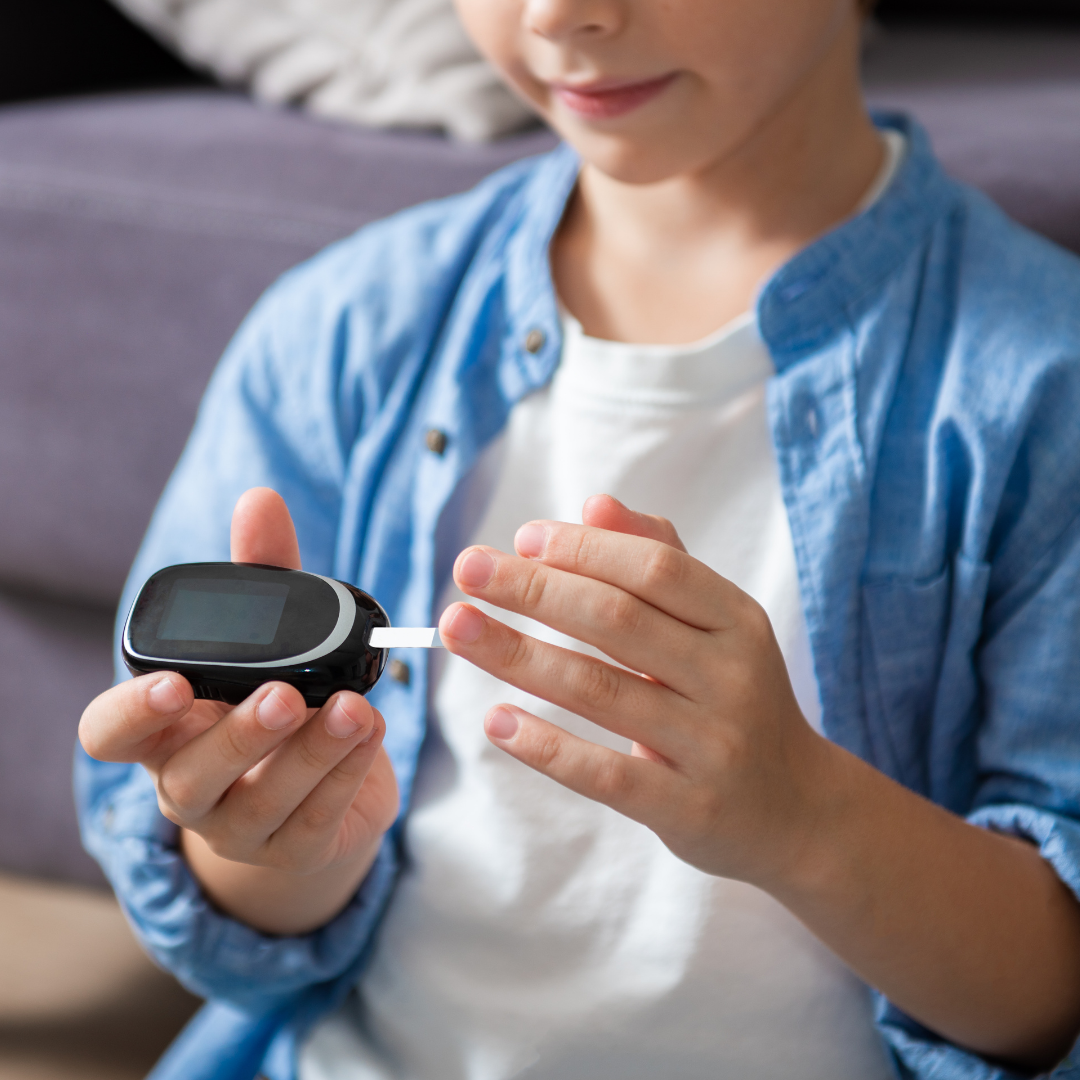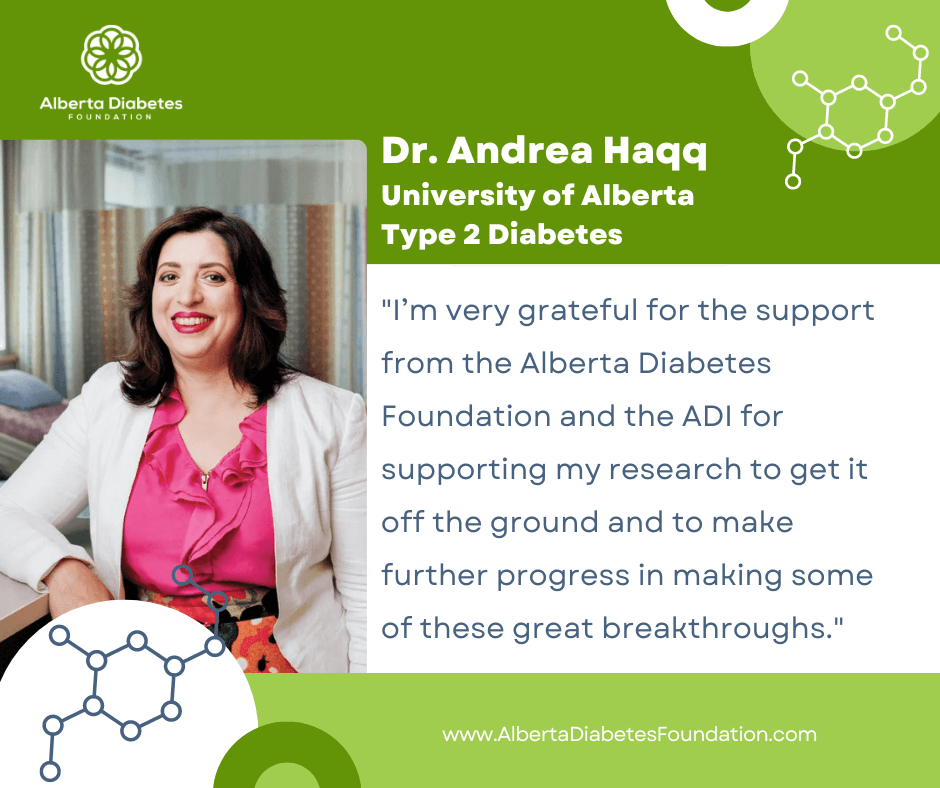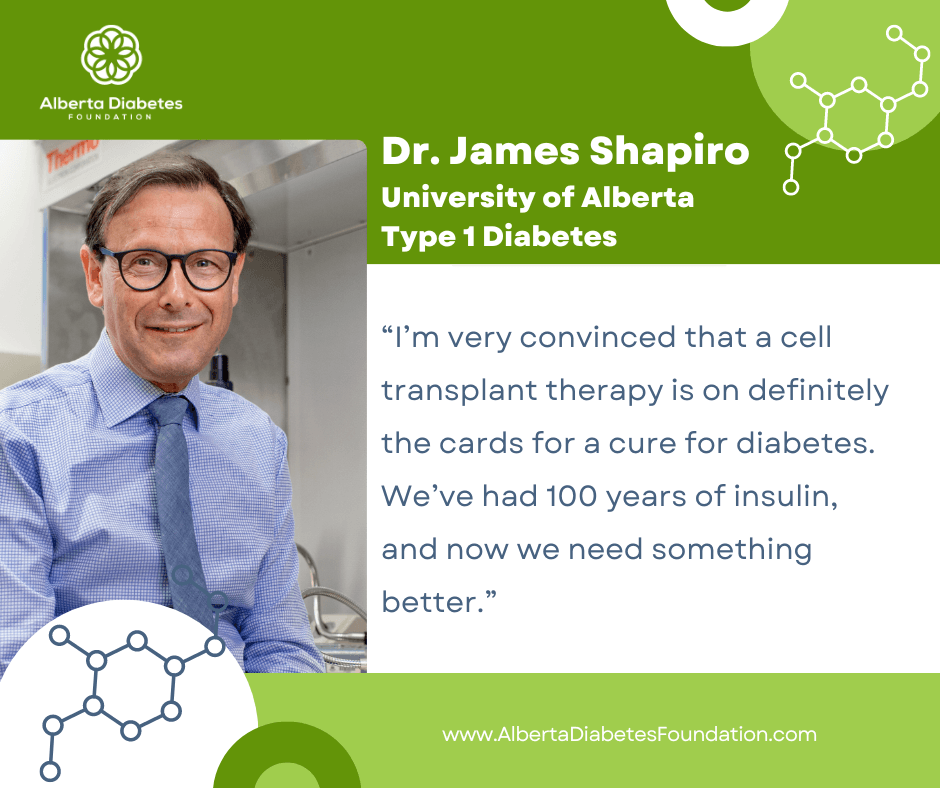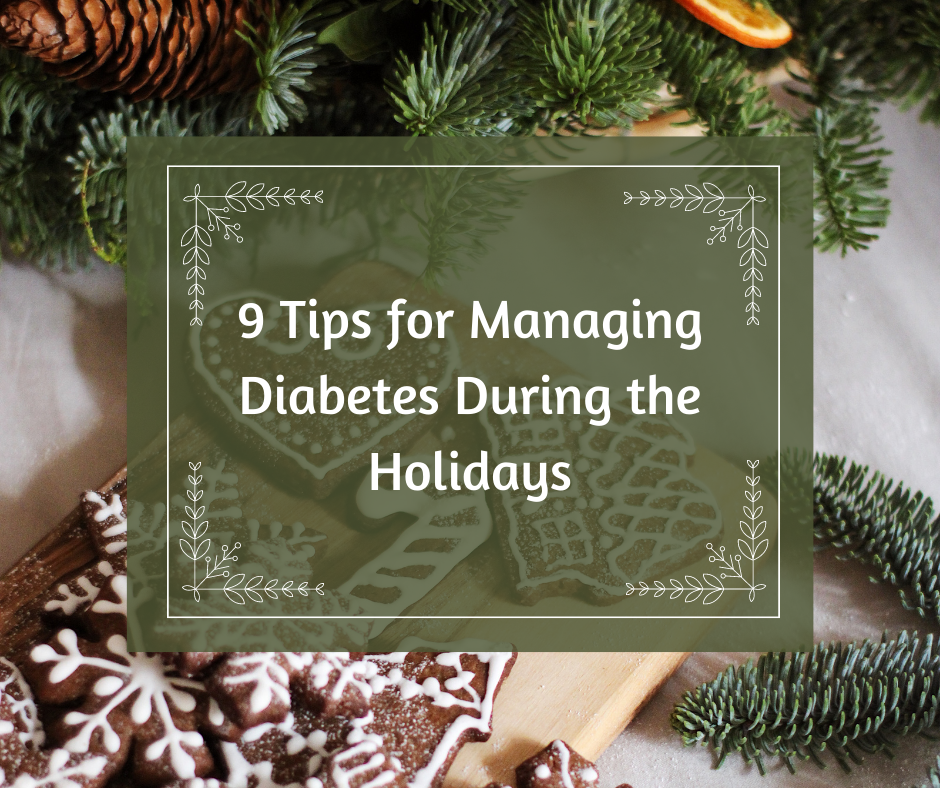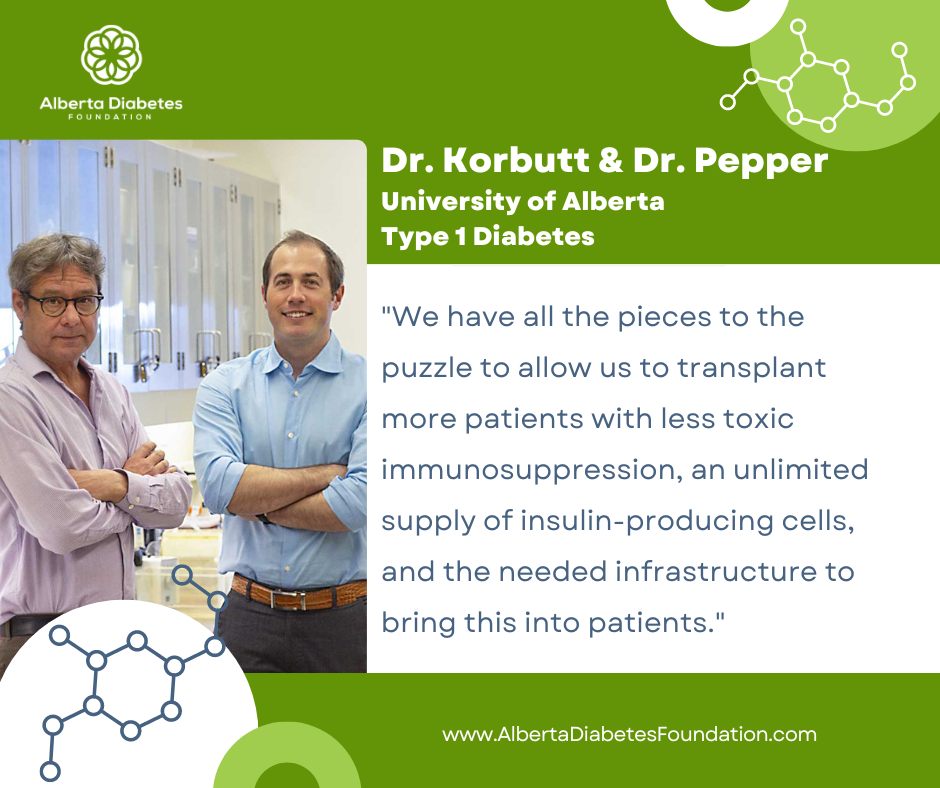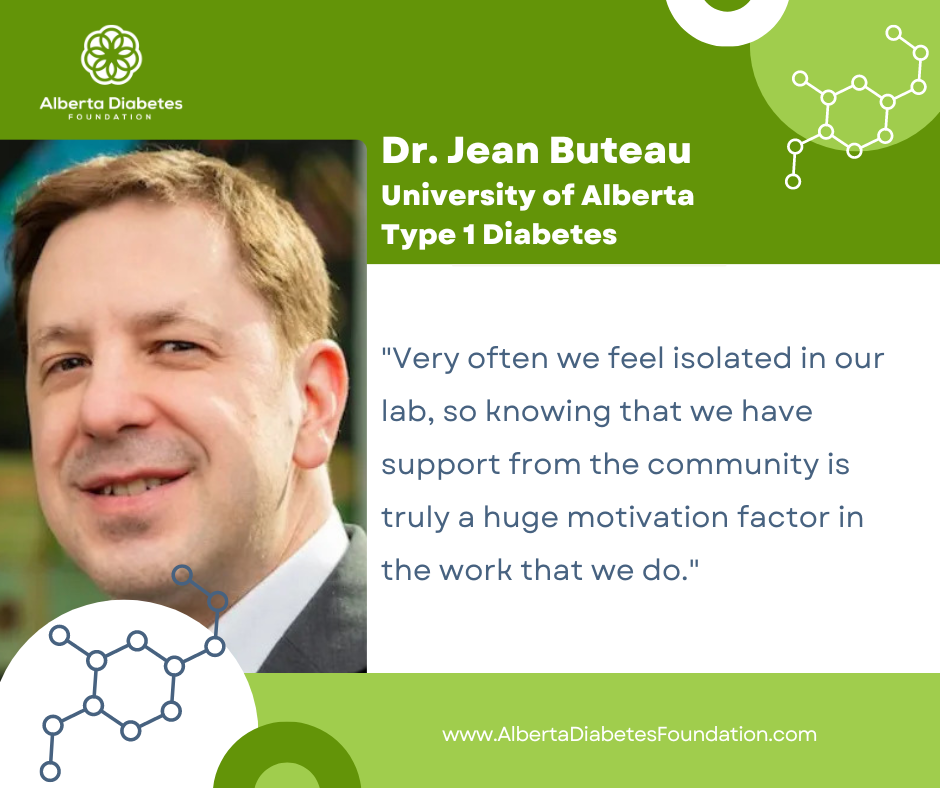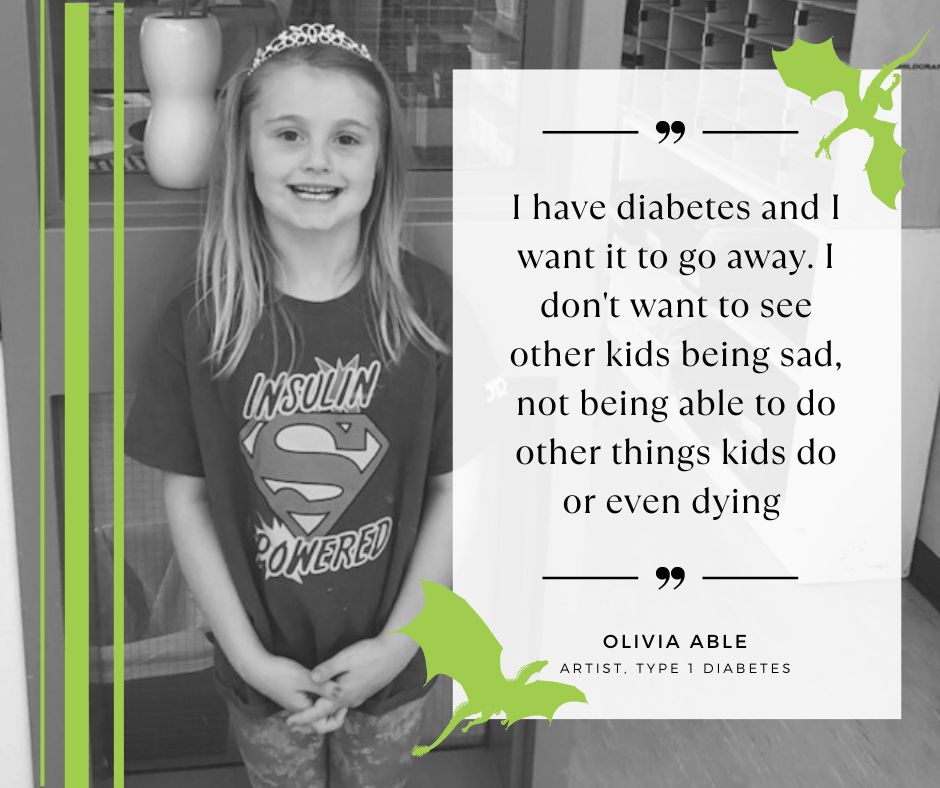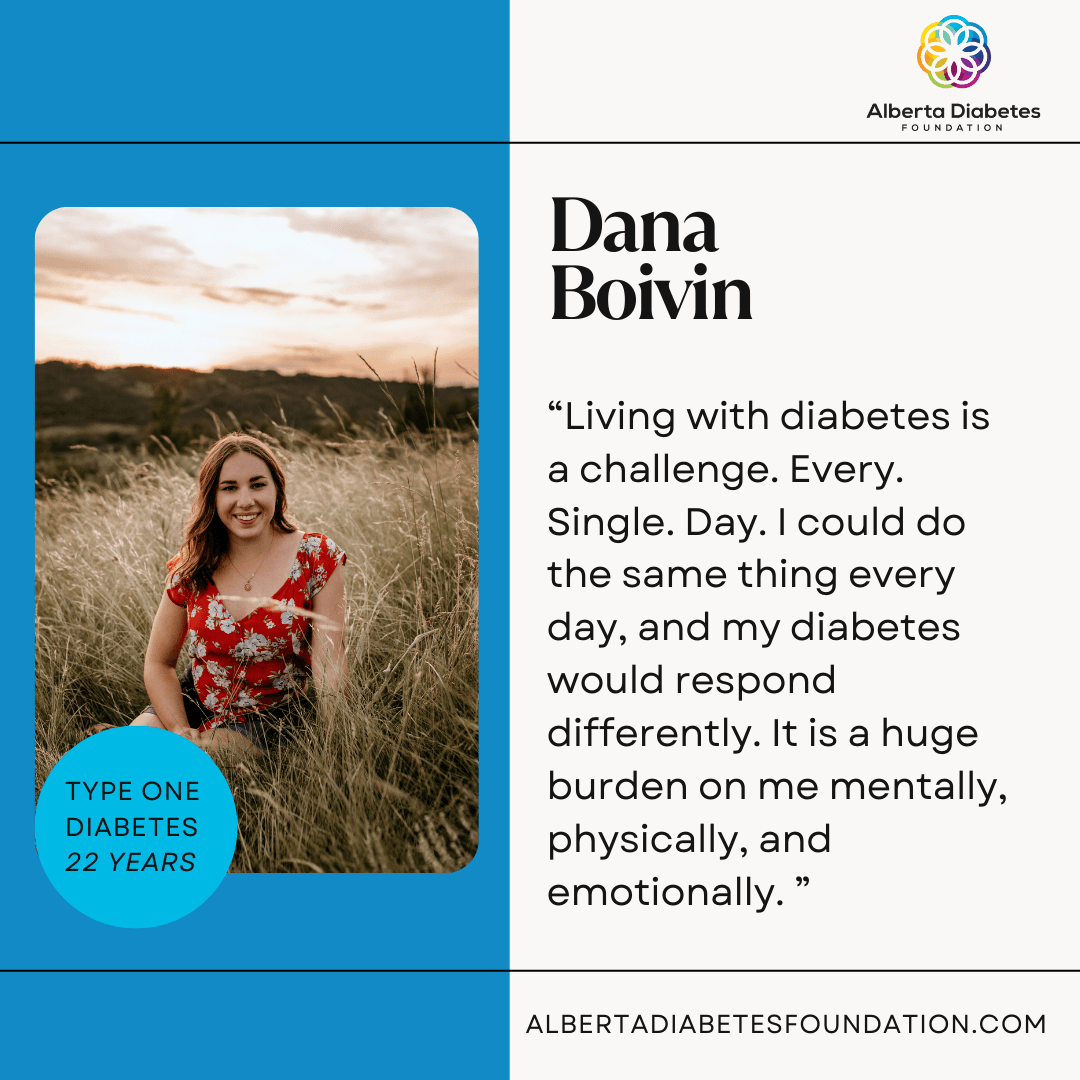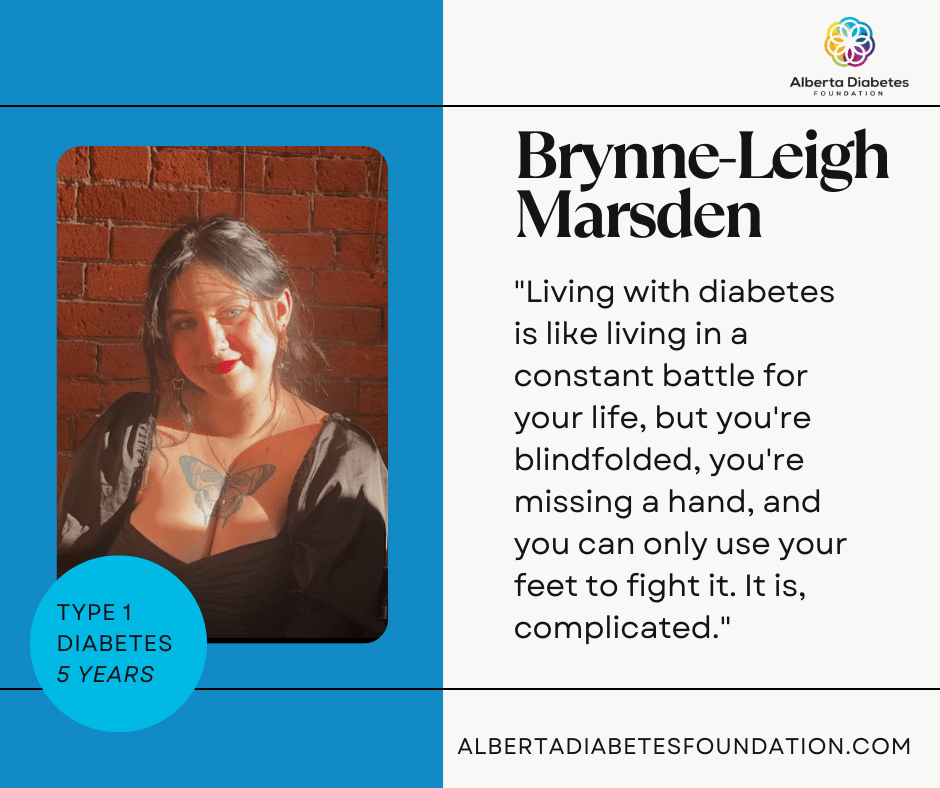Does Eating Too Much Sugar Cause Diabetes?
Post written by Ericka Brown.
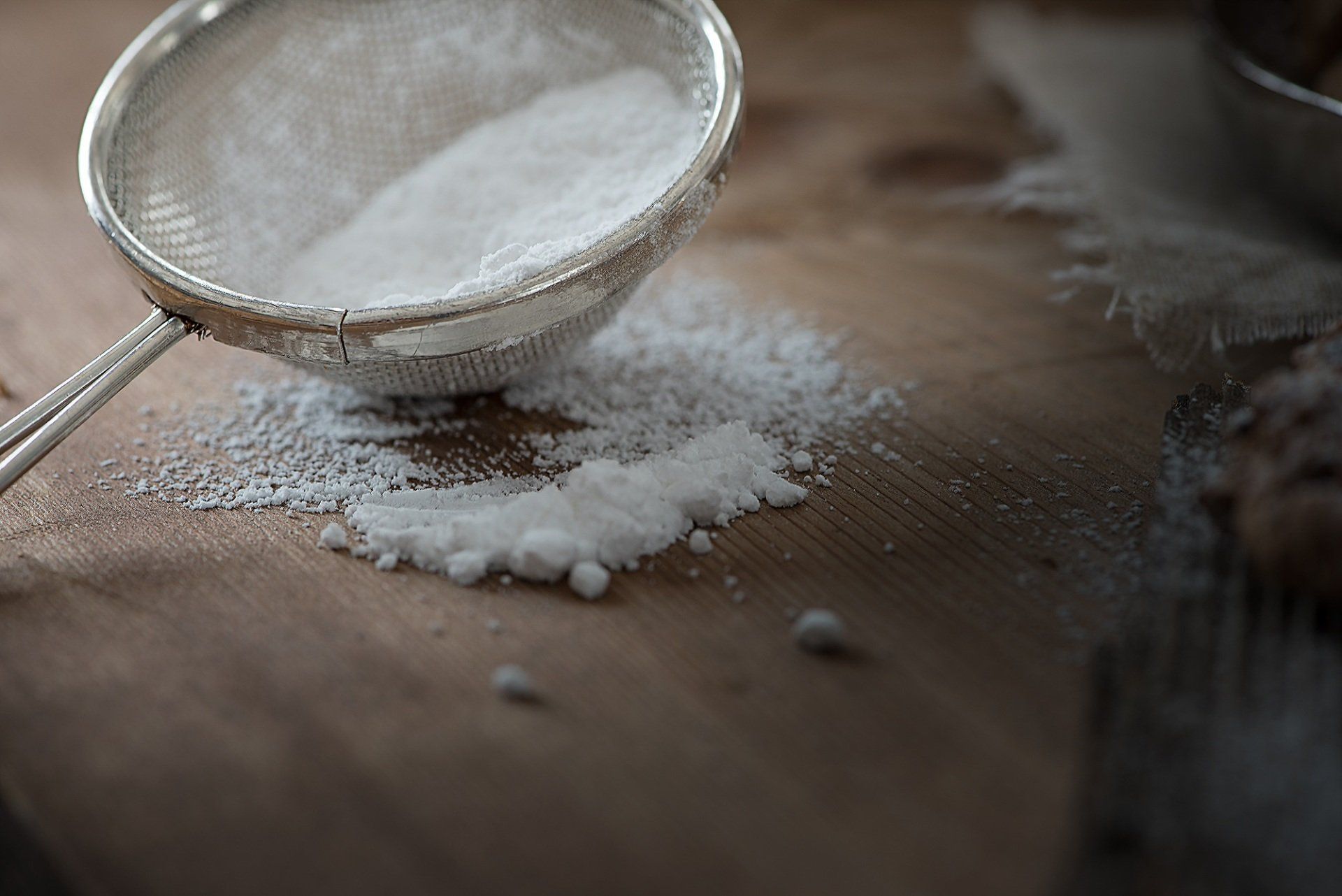
You’ve heard the joke a million times. And with Christmas around the corner, you’re bound to hear it a whole lot more: “With all those sweets, you’re going to give us all diabetes!”
It’s funny, but most people do assume there’s at least a hint of truth to it. Is eating sweets today going to give me diabetes tomorrow?
We all know diabetes is linked to high levels of blood sugar, so it may seem logical to assume that overdosing on the sweet stuff is why so many people are diagnosed with type 2 diabetes. But of course, it’s not that simple.
Diabetes, By The Numbers
Diabetes does not have one cause, per se. It happens when your body is not able to make enough insulin or effectively use the insulin it has.
This can happen for a couple of different reasons. In people with type 1 diabetes, the immune system destroys the insulin-producing cells in the pancreas. Without insulin, the body isn’t able to use glucose as fuel, and blood sugars rise to dangerous levels.
For people with type 2 diabetes, muscle and other cells stop responding to insulin. Without insulin telling the cells to let glucose in, blood sugars remain high and cells aren’t able to get the fuel they need to function properly.
The Things you Can Control
Of course, type 1 diabetes is due to factors we can’t control, like our genes and some viruses.
Type 2 diabetes, on the other hand, is due to a mix of things we can and can’t control. While we can’t do anything about our genes, our age or our ethnicity, we can control our weight, our diet and how physically active we are.
Now to the sugar: Although excessive sugar intake is not a direct cause of type 2 diabetes, excess calories lead to weight gain, which increases your diabetes risk. And since added sugars are one of the largest sources of excess calories in our diets, it’s crucial to keep tabs on your sugar consumption.
A diet including lots of extra calories from any source can lead to weight gain and diabetes. What’s most important is to maintain a healthy weight and embrace a lifestyle that emphasizes a diet rich in vegetables, fruit and whole grains and regular physical activity.
A Sweet Proposition
Bottom Line: If you have diabetes, you need to watch your sugar and carbohydrate intake to properly manage your blood sugars. However, if you do not have diabetes, sugar intake will not cause it.
Are you worried about your risk? Take the Canadian Diabetes Risk Questionnaire. Knowing your likelihood can help you make healthy choices to reduce your risk or even prevent you from developing diabetes.
LET'S WORK TOGETHER TO FIND A CURE.
VISIT US
1-020 Li Ka Shing Centre
University of Alberta
Edmonton, AB, T6G 2E1
Office Hours
Monday-Friday 8:30-4:00
If you would like to set up an appointment at our office, please set up an appointment by contacting us at
info@abdiabetes.com

